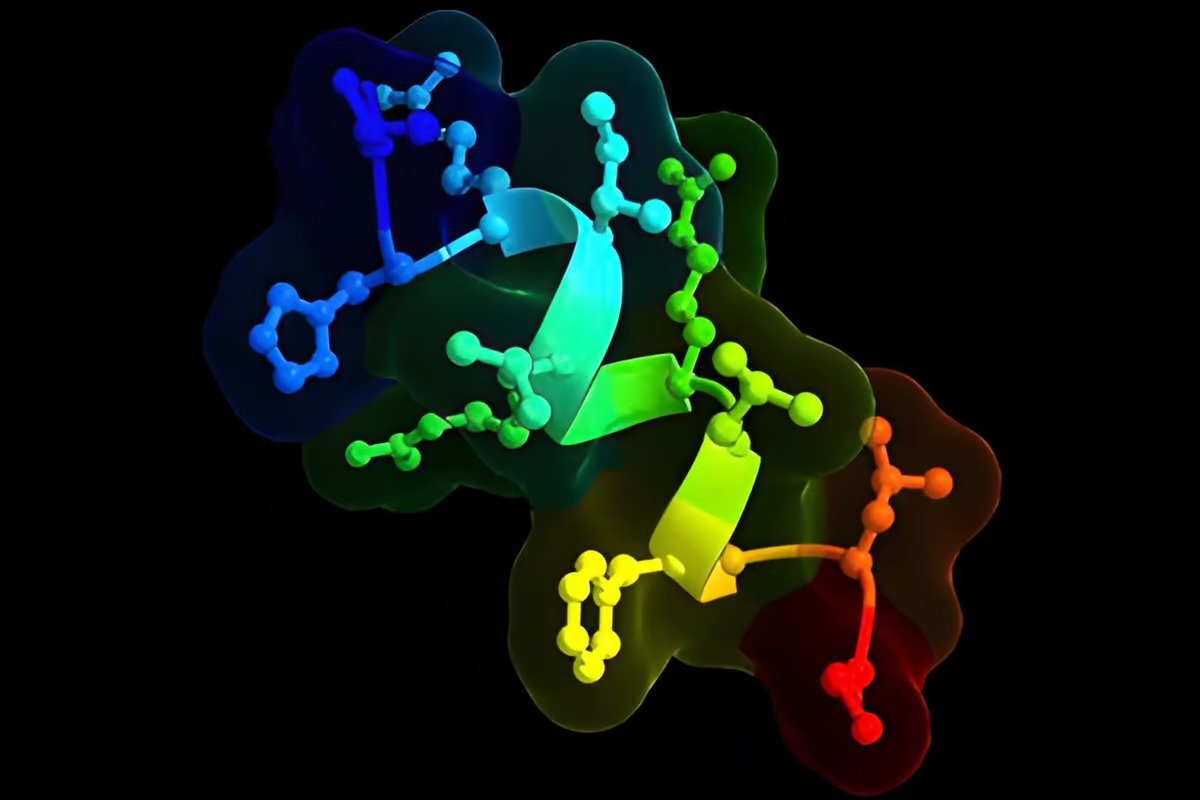 The finding could offer a new path to weight loss without the side effects common with Ozempic. Depositphotos –
The finding could offer a new path to weight loss without the side effects common with Ozempic. Depositphotos –
Since its release in the United States in 2017, the injectable drug Ozempic has not only helped thousands lose weight, but it’s also been shown to have a wide range of other health-boosting effects. It has shown promise in fighting alcohol addiction; relieving knee pain from osteoarthritis; reducing the risk of kidney failure and death in some type 2 diabetics; and temper the negative effects being overweight has on the heart.
Despite all its promise, however, Ozempic does come with a range of side effects. These can range from relatively mild symptoms like nausea, diarrhea and dizziness to more serious effects like gallbladder disease, hypoglycemia, and pancreatitis. The drug has even been linked to suicidal ideation and up to a sevenfold increase in a rare form of blindness known as an “eye stroke.”
So, researchers led by a team at Stanford Medicine set out to see if they could find a natural alternative to semaglutide that would deliver its weight-loss benefits while reducing or eliminating its side effects. To do so, they focused on prohormones, biologically inert protein molecules that become active when they are chopped up into smaller parts called peptides by other protein molecules. Some of these peptides function as hormones in the body.
The researchers developed an algorithm called Peptide Predictor that analyzed thousands of genes that encode prohormones, and more specifically looked at the sites where each could be carved up by the action of outside proteins. This led them to find a small peptide named BRP which consists of only 12 amino acids yet increased the action of neuronal cells in the brain tenfold over controls. Developing a drug that only works in the brain, they reasoned, would be an improvement over Ozempic, which works throughout the whole body.
“The receptors targeted by semaglutide are found in the brain but also in the gut, pancreas and other tissues,” said study co-author and assistant professor of pathology Katrin Svensson. “That’s why Ozempic has widespread effects including slowing the movement of food through the digestive tract and lowering blood sugar levels. In contrast, BRP appears to act specifically in the hypothalamus, which controls appetite and metabolism.”

The researchers then conducted tests of BRP on both mice and minipigs, whose systems more closely mimic that of humans than rodents.
–
(For the balance of this very interesting, and important article please visit: https://newatlas.com/disease/obesity/brp-natural-alternative-ozempic/)
–
The research has been published in the journal Nature.
Source: Stanford University
–
























